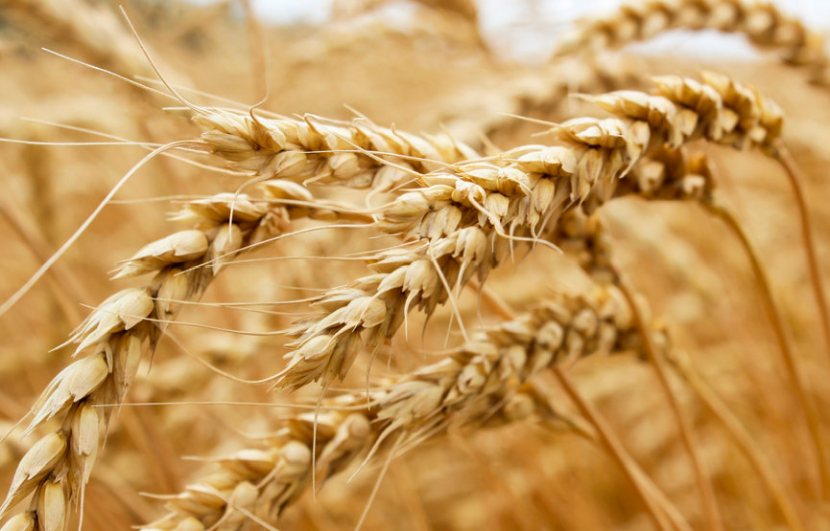
Hertfordshire-based experiments trialling CRISPR edited wheat will begin after the government gave researchers the green light.
Rothamsted Research, a pioneer of GM crop trials since the 1990s, has been granted permission to run a series of field trials of wheat that has been genome edited.
The wheat has been edited to reduce levels of the naturally occurring amino acid, asparagine, which is converted to the carcinogenic processing contaminant, acrylamide, when bread is baked or toasted.
The experiments will be the first field trials of CRISPR edited wheat anywhere in the UK or Europe.
The aim of the project is to produce ultra-low asparagine, non-GM wheat. Acrylamide has been a serious problem for food manufacturers since being discovered in 2002, as it causes cancer in rodents and is considered ‘probably carcinogenic’ for humans.
It occurs in bread and increases substantially when the bread is toasted, but is also present in other wheat products and many crop-derived foods that are fried, baked, roasted or toasted.
Project leader Professor Nigel Halford said: “We believe that asparagine levels can be reduced substantially in wheat without compromising grain quality.
"This would benefit consumers by reducing their exposure to acrylamide from their diet, and food businesses by enabling them to comply with regulations on the presence of acrylamide in their products.
“That is a long-term goal, however, and this project aims to assess the performance of the wheat plants in the field and measure the concentration of asparagine in the grain produced under field conditions.”
During development in the lab, researchers ‘knocked out’ the asparagine synthetase gene, TaASN2.
Asparagine concentrations in the grain of the edited plants were substantially reduced compared with un-edited plants, with one line showing a more than 90 % reduction, according to project scientist Dr Sarah Raffan.
“This new trial will now measure the amount of asparagine in the grain of the same wheat when grown in the field, and assess other aspects of the wheat’s performance, such as yield and protein content.”
The plan is for a project of up to five years, ending in 2026, with plants being sown in September or October each year and harvested the following September.
Despite the differences between genome editing with CRISPR and GM, genome edited plants are currently treated in the same way as GM under EU regulations, essentially blocking the use of a technology that is gaining official approval around the world.
There is currently a Defra consultation on the issue which could lead to new legislation in the UK, allowing genome edited food products to be available to consumers.
